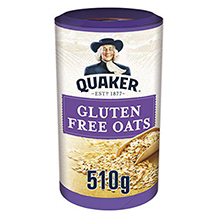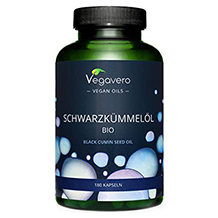Rose hip powder purchasing advice: how to choose the right product
- What you need to know
- Rosehip powder is a superfood supplement that is especially high in Vitamin C.
- Rosehips contain anti-inflammatory galactolipids which can help with conditions such as arthritis or rheumatism.
- Powder, capsules, or even tea: rosehip supplements come in lots of different forms.
- When buying make sure to check the ingredients, ratio of shells to seeds, as well as organic certification.
- Taken over a few weeks, just a few grams of rosehip powder a day can have positive health benefits.
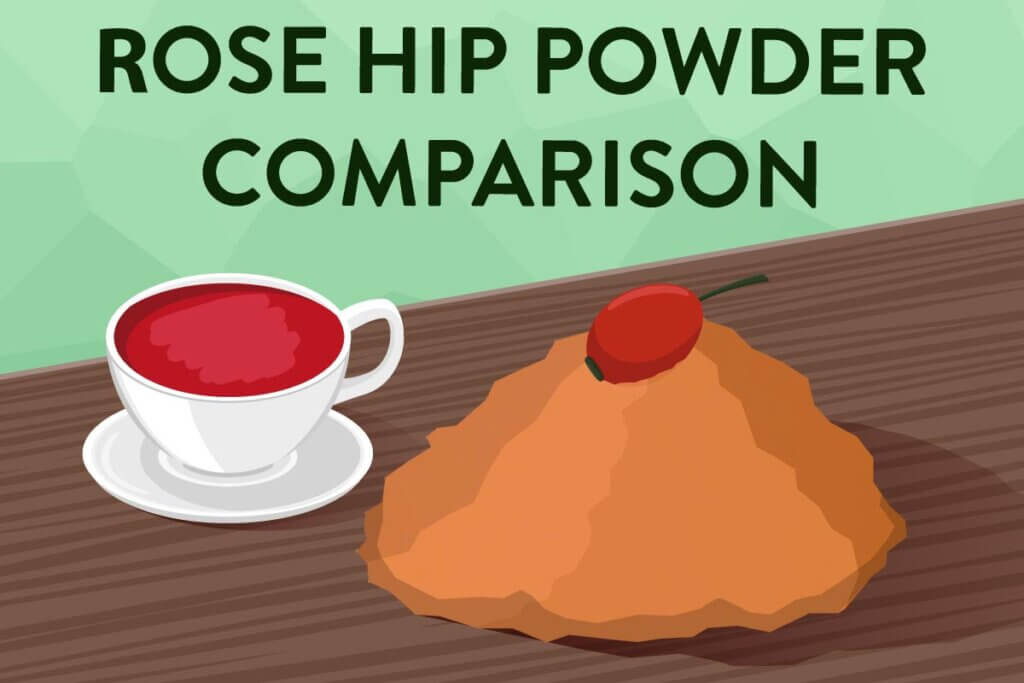
A small fruit with big effects
When most of us think about rosehips, we think of old-fashioned teas or even itching powder. In fact, these little shiny red fruits are much more multifaceted. From mythical rites to modern supplements via traditional medicine, rosehips have been and continue to be used because of their amazing properties.
Tradition and talent
Rosehips have a long history. In fact, archaeologists have found seeds dating back to 3000 BC. Rosehips continuously pop up as an important part of historic cultures. For example, the Celts swore by the health benefits of rosehips, and burnt them during sacred rites. Since the Middle Ages, rosehips have been used to treat a variety of illnesses – from colds to gastric disorders. The properties of rosehips have led them to be closely associated with myths and superstitions. People used to eat rosehips around Christmas and the New Year to ward off bad luck. There are even cases of people nailing rosehips to their windows to keep evil spirits out. The reason for all of this? Rosehips can withstand even the harshest winter conditions, so people believed them to have power over evil.
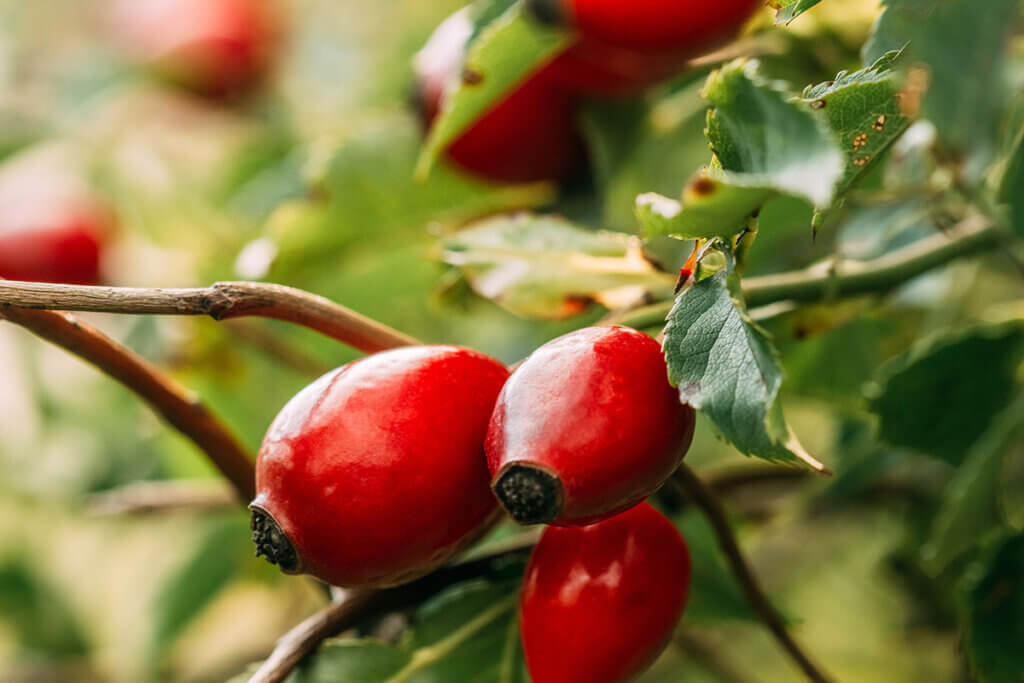
Rosehip powder is less well known than the buds, but can be used both as a superfood as well as an anti-inflammatory. It is an antioxidant and can relieve pain especially for people with joint issues.
Dog roses
Rosehips can be found on many varieties of rose, but the most common type that produces rosehip fruits is the dog rose. Rosehips are the fruit of the dog rose, and even though they actually have seeds inside them, they are commonly categorized as stone fruit. Etymologically, the name dog rose stems from the Latin rosa canina – the Roman naturalist Pliny wrote that the name comes from the belief that the plant can cure a bite from a rabid dog. Dog roses are native to Europe, northwest Africa, and western Asia, but they can be found all around the world.
The fruit is harvested and finally processed together with the seeds and shell. The fine hairs need to be removed first, as these can lead to itching or to allergies. To obtain powder, the fruit is dried and ground. To preserve the heat-sensitive ingredients, temperatures must not exceed 100 °F (40 °C). For this reason, rosehip powder is produced raw to maintain its full vitamin content.
Forms of rosehip
Rosehips are processed in a variety of different ways. Alongside their basic fruit form which you can pick yourself, there are powders, capsules, and teabags available on the market today. Each of these processed forms have various advantages and disadvantages, as we will outline below.

Powder
In general, rosehip powder is available in fully pure form – that is to say, without any additional ingredients – but you can also find the powder packaged with other ingredients such as acerola. Rosehip powder tends to come in bags or cans in different quantities, usually between 4 oz. (100g) and 2 lb. (1kg). Loose powder is often cheaper than capsules for the equivalent amount. Alongside the ability to completely control your dosage, the variety of ways you can consume loose powder is a major advantage of buying rosehips in this form. For example, you can sprinkle it on top of granola and yoghurt. The sour fruity taste works especially well in smoothies too.
Powder is also great if you find swallowing capsules tricky. This said, it is quite difficult to consume loose powder by itself – it’s best to combine it with a meal. Another slight disadvantage is that you have to measure out your dosage each time.
Advantages
- No additives or bulking agents
- Can be consumed in lots of different ways
- Simple to use
- Individually control your dosage
- Can be bought in bulk
- Vegan and gluten-free
- Cheaper than capsules
Disadvantages
- You need to measure your dose each time
- Not suitable for when on the move
Capsules
Rosehip capsules are made from compressed powder encased in gelatin or vegetable cellulose. Since they are pre-prepared, you won’t need to measure out any dosage yourself. This makes them quite practical, especially if you’re travelling. The flipside to this is that you can’t choose your exact dosage.
It’s a good idea to take capsules with mealtimes, but you can also just take them at any time. Capsules are great for people that don’t like the taste of rosehips – the casing means that they are flavorless. It does take your body a bit longer to digest the rosehip, however, as your stomach has to break down the capsule first. Since some capsules are made using bulking agents, they can be less pure than loose powder. The major disadvantage of capsules is that they are considerably more expensive than powder.
Advantages
- Flavorless
- Pre-dosed
- Perfect for travelling
- Simple to consume
Disadvantages
- Contain gelatin/cellulose and bulking agents
- Pre-set dosage amount
- Takes longer to digest
- More expensive than loose powder
Tea, oil, and jam
Rosehips can also be enjoyed as tea. Your body processes liquids much faster than solids, so with tea you get the health benefits of rosehips quicker. Most rosehip tea products on the market are made with other ingredients such as mallow blossoms. The dosage you get with tea is far lower than with powder or capsules, but you still get similar positive health effects. The main thing to consider is that hot water destroys some of the nutrients found in rosehips, and that making tea is a bit more time consuming than just swallowing a capsule or sprinkling powder on your meal.
Rosehips can also come in oil form – this is particularly suitable for rubbing on your body to help with any skin problems. Rosehip jam is also a great healthy alternative to other jams and jellies, you can buy it in the supermarket or make it yourself!
Buying tips
There are a few things you should look out for when buying rosehips whether in powder, capsule, or teabag form. Read on for an overview of how to evaluate different products based on their ingredients, quality, and mix ratio.
Ingredients
If you’re wanting rosehip powder for its health benefits, then pay attention to the ingredients of whatever you’re buying. Make sure that there aren’t any additives, preservatives, or anti-caking agents in the ingredients, as well as no added sugar. You’re only going to get the health benefits from the rosehips, and your body can process them much better if they are pure.
Additional ingredients don’t just make rosehips less effective, they can also be harmful. If you have any food intolerances, or if you are vegetarian or vegan then pay particular attention to the ingredients list. Having said this, some rosehip powders come mixed with natural ingredients that do have positive health benefits, such as acerola.
Mix ratio
Depending on the ratio of seed to shell, rosehip powder will vary in color between dark red and orange-brown. The more peel, the redder the powder will be. The shell contains more Vitamin C, whereas the seeds contain more galactolipids. The ratio depends on the manufacturer and the desired nutritional content.
Quality
Organic is the way to go with rosehip powder. This is because the organic powder will be processed without high heat which preserves the nutrients. Moreover, if you’re going to be consuming the powder daily, it’s best to avoid any rosehips grown with pesticides and fertilizers – organic cultivation strictly limits the use of these. If roses are grown without pesticides, they develop better natural resistance against disease. This results in boosted galactolipid levels in the seeds, which results in better nutrition for you. Organic production is also of course less polluting, which is better for the environment.
Powder made from wild rosehips is generally more nutrient-rich than that from commercially grown plants. Depending on location, it can also be very low in pollutants. You do have to pay for these benefits though – wild rosehip powder, just as organically produced powder, is expensive.
Active ingredients and their effects
Rosehips contain a variety of vitamins and minerals that have positive health benefits for humans. Read on for an overview of the most important substances in rosehips.

Vitamin C
Depending on when they are harvested, rosehips contain roughly 500 milligrams of Vitamin C per 100g. Compared to oranges and lemons, which contain around 50mg per 100g, rosehips have 10 times as much Vitamin C. Essential for keeping your immune system running, getting rid of colds, and stimulating collagen production, Vitamin C is very important. It also protects your cells from oxidative stress, helps reduce fatigue, and increases iron uptake.

Galactolipids
Galactolipids are made from sugars and fatty acids. They are anti-inflammatory and scavenge for free radicals. Galactolipids are great for treating joint issues, and they will also ensure that your existing cartilage remains healthy. Alongside their anti-inflammatory properties, they are also good at reducing cholesterol.

Lycopene
Lycopene is what gives rosehips their red color. It is a carotenoid hydrocarbon with antioxidant effects. Lycopene scavenges for harmful free radicals and provides benefits for the cardiovascular system.
Other substances
Rosehips also contain natural sugars (fructose, glucose, and sucrose) and fatty acids which help to form new joint cartilage. They also are good for your digestive system because they contain citric, malic, and L-ascorbic acid. These acids regulate digestion and prevent kidney and bladder stones. Rosehips also contain silicic acid which is good for your skin, nails, and hair. It stimulates tissue formation and cell regeneration – great for improving things like acne.
There are a lot of polyphenols in rosehips, which also contribute to the positive health benefits of the plant. Of them, anthocyanin and procyanidin are particularly important in providing the antioxidant and anti-inflammatory capabilities of the plant. Rosehips also contain significant amounts of the mineral potassium which is important for keeping your heart strong.
What can rosehips help with?
Rosehips are rich in beneficial substances, which means they can be used for a variety of health problems.
Joints
Rosehips are rich in galactolipids, which are extremely good for your joints. They work both to protect the healthy cartilage in your joints as well as regenerate new cartilage if it has been damaged. Galactolipids prevent stiffness in the morning and reduce any joint pain throughout the day.
Galactolipids are good for treating issues such as arthritis and rheumatism, since they both affect your joints. While rosehips can’t heal chronic arthritis, they can still really help with alleviating pain.
Other medicinal benefits
Rosehip powder isn’t just good for problems with your joints, it has other medical benefits as detailed below.

Arteriosclerosis
Arteriosclerosis – also known as Atherosclerosis – is caused by a build-up of cholesterol which can calcify and narrow your veins and arteries. In the long run, this prevents blood from moving around your body and can cause serious medical problems such as heart attacks, vein thrombosis, and strokes. The galactolipids found in rosehips help to reduce these deposits and reduce inflammation.

Liver and stomach problems
Rosehip powder can help with liver and stomach pain due to its anti-inflammatory properties. It is a natural painkiller and is therefore much easier on your body than things like aspirin or ibuprofen – great for people with sensitive stomachs.

Kidney disease
Rosehip tea is good if you have any problems with your kidneys. The active substances in rosehips can help your kidneys heal more quickly. Rosehip tea is also a diuretic, which helps flush out any harmful substances in your kidneys.

Skin conditions
The anti-inflammatory properties of rosehips can help soothe skin conditions. Rosehip oil is especially good for this as you can apply it directly to your itchy or swollen skin. The free radical scavenging properties of galactolipids also prevent aging related skin issues such as wrinkles. Rosehips can also be used to treat scars, sunburn, mosquito bites, and allergic reactions.

Cardiovascular disease
Cardiovascular diseases mainly affect your blood vessels. Cholesterol build-ups can cause lesions which constrict blood flow and increase blood pressure, resulting in serious illness. Thanks to their cholesterol-lowering properties and high Vitamin C content, rosehips can have a positive impact on those suffering from cardiovascular problems.

Urinary tract infections
If you have a UTI, it is important to flush any harmful bacteria out of your bladder. Rosehips, especially in tea form, are good for this as they have a diuretic effect. The anti-inflammatory properties of rosehips will also fight the infection directly, while Vitamin C boosts your immune system defenses.

Strengthening the immune system
Rosehip powder contains a lot of Vitamin C which helps strengthen your immune system. Taking rosehip supplements when you have a cold, are stressed, or if you are pregnant is especially good for this reason.
Before taking rosehip powder as a substitute for medicine, always consult your doctor.
Does rose hip powder also work for animals?
Rosehip powder can also help animals – just as in humans, it is used to treat inflammation in dogs, cats, and horses. It can also strengthen your pet’s immune system and help treat anxiety.
Preparation and dosage
If you collect wild rosehips yourself, with a bit of effort you can even make homemade powder. The best time to harvest rosehips is in late autumn or winter. Rosehips are at their best just after the first frost, so if you pick them before this, put them in the freezer for 48 hours after you pick them. This will increase the sugar content.
To prepare fresh rosehips:
- Cut the fruit lengthways and remove the seeds and stems from the flesh.
- Remove any tiny hairs and wash the rosehips thoroughly.
- Spread the cleaned flesh out on a cloth and leave them to dry for at least two days. If you want this to go quicker, you can use a dehydrator or your oven at a very low temperature – no more than 100 °F (40 °C).
- Grind the dried rosehips in a food processor.
- Store the ground rosehips in jars and let them continue to dry.
Rosehip powder is sensitive to heat, so it is best to store it in a cool, dark, dry place.
Continuity is important
To get the heath benefits of rosehip powder, you need to take it regularly over an extended period of time – at least one or two months. The anti-inflammatory properties of rosehips only really start to work after taking it for roughly ten days. If you’ve been taking it regularly for over six months then it’s a good idea to take a two week break.
Rosehips contain fiber which affects your digestive system. To be more precise, the insoluble fiber binds to water molecules in your stomach. To prevent the powder from dehydrating you too much, it’s good to drink water when you take it, especially if you are using capsules. With loose powder, the best time to take it is in between meals, mixed into cold or lukewarm water or with yoghurt. Let the powder incorporate for five to ten minutes before you consume it.
Healthy and delicious: recipe ideas
Rosehip powder works well in homemade pralines and energy balls. You might also enjoy mixing it into porridge with bananas, apples, and chia seeds, or adding it to a smoothie.
One spoon a day
How much rosehip powder you take each day depends on what works best for you. Most manufacturers recommend between half a teaspoon (2.5g) and a tablespoon per day, but really you should take a teaspoon at most per day. In any case, following the recommended dose on your package will be fine.
The side effects of rosehip powder aren’t known very well. If you take more than 2 oz (32g) per day, you could run into digestive problems. If you have been taking too high a dose and run into health issues, then consult your doctor.
Image 1: © Zayne C. / adobe.stock.com | Image 2-12: © FinalCheck

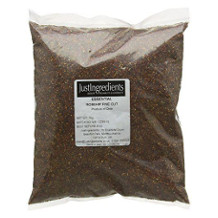
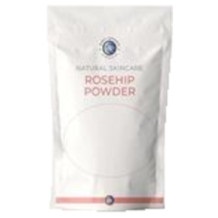
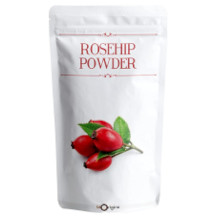
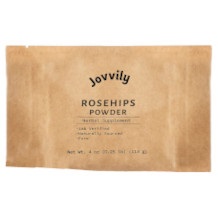
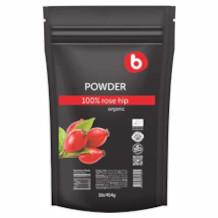
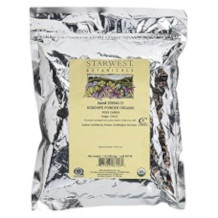

 2 reviews
2 reviews
